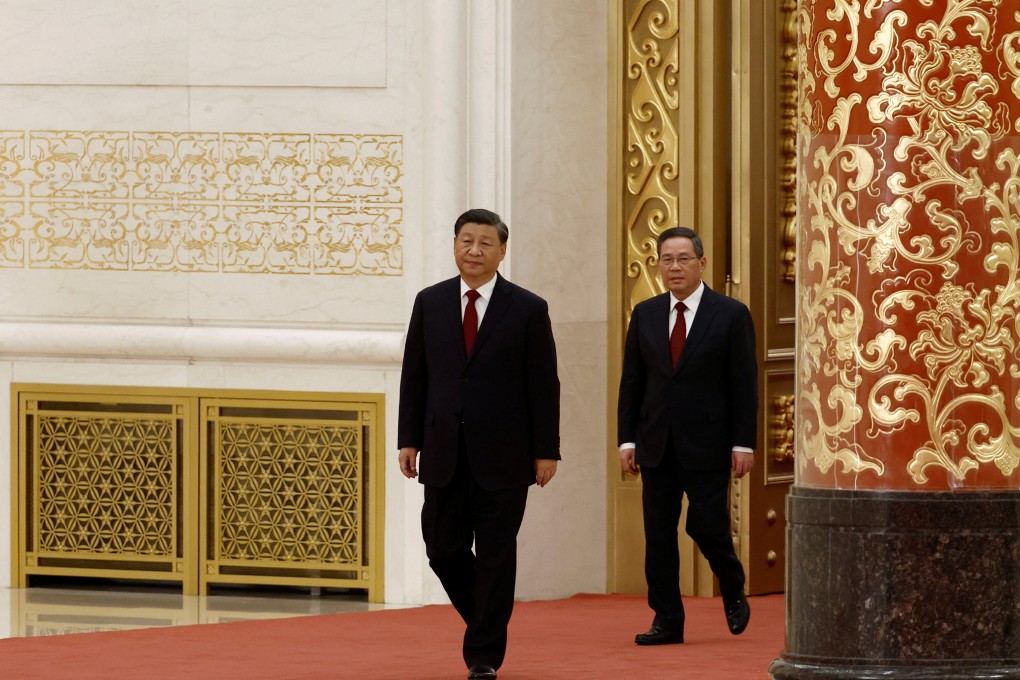Advertisement
China’s Li Qiang shakes off Shanghai Covid chaos to enter Communist Party inner circle
- Li has decades of experience in regional economic management as well as a lot of trust and rapport with the president
- His promotion of high technology and innovation also corresponds with Xi Jinping’s priorities
Reading Time:6 minutes
Why you can trust SCMP
7

When Li Qiang, the Communist Party chief of Shanghai, followed President Xi Jinping onto the stage at the Great Hall of the People as the second-ranking Politburo Standing Committee member, he became the obvious choice to be anointed China’s next premier at the annual legislative session in March.
But the promotion of Li, 63, was not always a shoo-in, particularly after the debacle of Shanghai’s Covid-19 lockdown last spring.
The constitutional limit of two terms means Li Keqiang, 67, must step down as premier, a position traditionally reserved for the second or third-ranking member of the party and someone with broad regional administration experience.
Advertisement
Filing out at No 2 indicates Li Qiang is in line to take over that role, as the top official in charge of China’s economic and social development.
As premier, he will be the top official helping Xi to take on the challenging task of reinvigorating China’s economy, stalled by the triple-whammy of strict zero-Covid regulations, weak consumer demand and tensions with the United States, as well as much of the West.
Advertisement
Li Qiang has decades of experience in development and regional economic management but, perhaps more importantly, he has a lot of trust and rapport with Xi, something that will be crucial for him in the new position, according to analysts.
Advertisement
Select Voice
Select Speed
1.00x